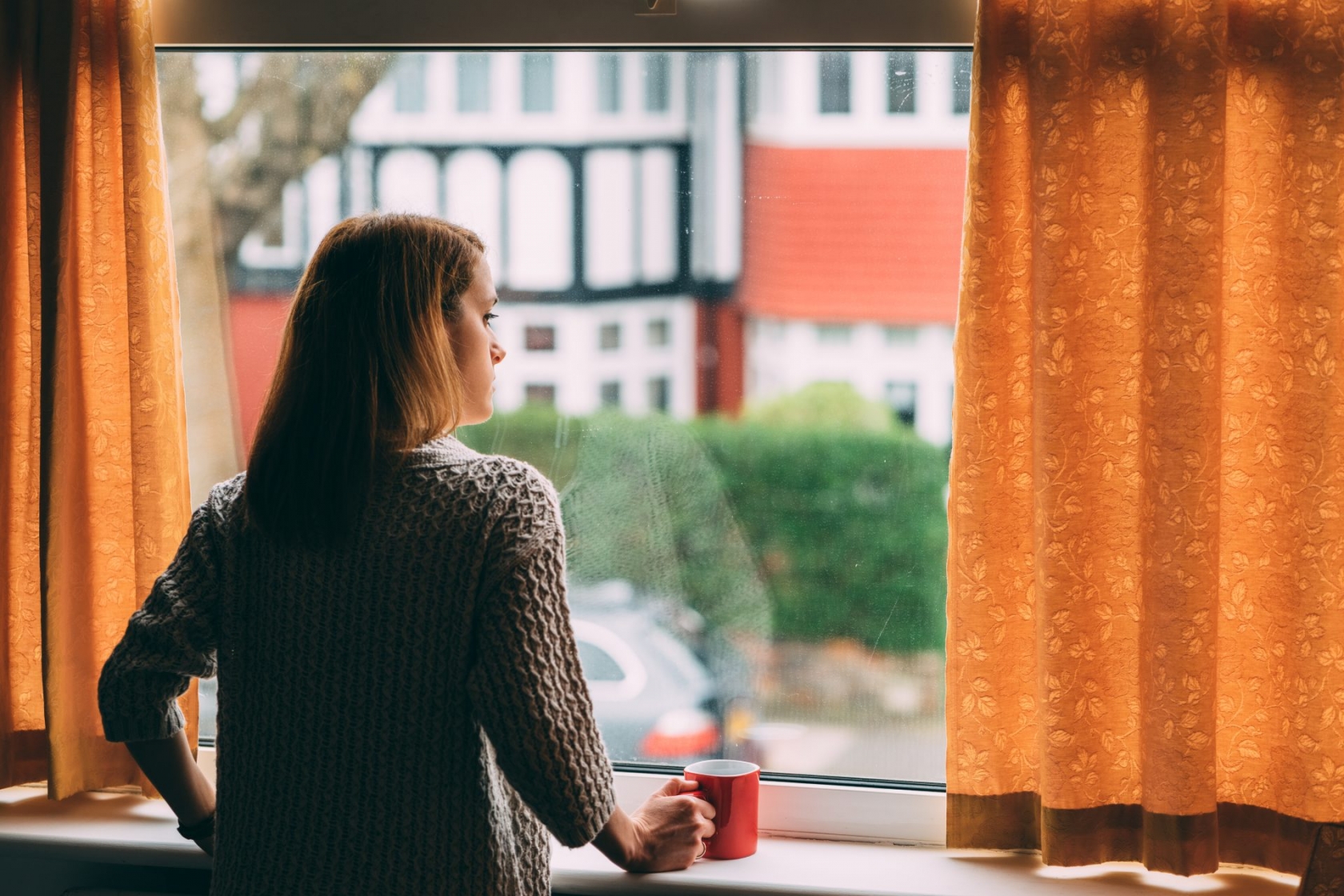How to use Boris Johnson’s roadmap plan to ease your post-lockdown anxiety
Feeling unsure about the prospect of restrictions easing over the next couple of months? Here’s how to use the lockdown roadmap to prepare yourself for the return to “normality”.
This week marks the first step in Boris Johnson’s ‘roadmap’ plan to ease England out of lockdown. Alongside the reopening of schools, as of this morning (8 March), you are now allowed to meet one friend from outside your household to socialise while sitting down, for example, to have a picnic or drink a cup of coffee.
However, after so long spent under lockdown restrictions, you might be feeling pretty unenthused about this small change in the rules.
The last few months have been incredibly tough for many of us, so it’s only normal to feel a little hesitant or unsure about what’s going to happen next – especially when we’re still a long way away from normality.
But just because you’re feeling a little unsure about the changing circumstances, doesn’t mean there aren’t ways to foster a sense of excitement towards the future. In fact, according to chartered psychologist and author Dr Meg Arroll, the government’s roadmap’ structure has actually provided us with a helpful way to do just that.
“The rather serendipitous aspect of the route out of lockdown is that it is phased with specific milestones – and this is exactly what psychologists would suggest for dealing with change,” she explains.
“We call this graded exposure therapy, and I would propose that anyone who is feeling a bit nervous about the end of lockdown should follow the guidelines and use these progressive steps to re-enter the world.”
Arroll explains that, while the idea of getting back out there and allowing ourselves to feel excited about the future again may feel unfamiliar and scary, using the roadmap stages as ‘goals’ to ease back into life is a great way to handle those feelings, as long as we’re also aware that things might change along the way.

“For example, over the next week you could arrange to see a family member for a get-together,” Dr Arroll says.
“Then on the 29 March, find out if any local friends would like to meet in a group of six in your area, and so on and so forth so that by 21 June you will have steadily increased your exposure, built confidence and given yourself a psychologically safe and controlled path back into social interactions.
“However, if for any reason these dates change, try to be flexible and recalibrate to another route, as becoming too fixed in our mindset gives us a low frustration tolerance, which is a type of cognitive distortion related to low mood and depressive symptoms.”
Finally, Dr Arroll suggests, if you’re struggling to find the energy or motivation to make that first step and meet a friend outside for a coffee, try a visualisation exercise to boost your excitement levels.
She explains: “Excitement activates the amygdala and stimulates the frontal love with a release of dopamine, heightening physiological arousal and helping us to enter action mode.
“Using a visualisation technique can help with this – think of a time in your life when you felt excited. Picture it in detail: the sounds, the smells, the colours of your surroundings. Now rate each of these senses in terms of intensity between 1-10. Then go back to this mental image and ramp up the volume on each sense to 10!”
Dr Arroll concludes: “This should give even the most hesitant of us a life in terms of energy and enthusiasm to return to a sociable environment.”
Although the path back to a restriction-free life may not always be easy, it’s clear that there are ways to make the next couple of months feel a little less stressful, even if you’re currently feeling less-than enthused about the idea of it all.
It’s understandable that, after so long spent living under lockdown, you might be feeling a little hesitant about getting back out into the world. But by taking things slow and celebrating your wins along the way, you can carve a path that works for you.
Images: Getty
Source: Read Full Article
